When starting or expanding a confectionery business, understanding how to select a reliable source for machinery is essential. This process does not simply involve purchasing equipment. It also involves evaluating support, safety, flexibility, and long-term operational aspects. Knowing what to consider can prevent common issues, improve efficiency, and help maintain consistent product quality.
The Role of a Machinery Supplier
A candy machine supplier provides more than just equipment. Suppliers often assist with installation guidance, operator training, routine maintenance advice, and parts availability. Choosing a supplier carefully can help businesses avoid production interruptions, minimize downtime, and maintain a smooth workflow. Understanding this broader role is the first step in making an informed decision.
Factors to Consider
1. Production Capacity and Requirements
Every business has unique production needs. Some workshops focus on small batches or artisan candies, while others require machines capable of continuous high-volume output. When evaluating options, consider how the machinery fits your current scale and whether it can accommodate future growth. Equipment that aligns with production goals reduces the need for frequent replacements or adjustments.
2. Safety and Hygiene Compliance
Confectionery production is closely linked to food safety. Machines must be designed to meet hygiene standards, allow thorough cleaning, and prevent contamination. Understanding the materials used in machinery, as well as recommended cleaning protocols, ensures compliance with local and international regulations. This also protects the final product and maintains customer confidence.
3. Flexibility and Adaptability
Consumer preferences and packaging trends change over time. Some machinery allows adjustment for different candy shapes, sizes, or ingredients. Others may support varied packaging formats or batch sizes. Choosing equipment with adaptable capabilities ensures that your production remains responsive to market demands, which is critical for long-term sustainability.
4. Maintenance and Support
Even reliable machines require periodic maintenance. A supplier can provide guidance on routine checks, preventive maintenance, and parts replacement schedules. Training programs for operators, whether onsite or through manuals and online resources, help ensure machines are used efficiently and safely.
5. Delivery and Logistics
Shipping industrial machinery involves careful planning. Delays, damages, or incorrect handling can disrupt production. Understanding the expected delivery times, packing methods, and installation procedures is important. Proper coordination reduces risk and ensures that production starts according to schedule.
6. Operational Costs
The total cost of equipment includes more than the purchase price. Energy usage, maintenance requirements, and the availability of replacement parts all affect long-term expenditure. Evaluating these factors helps create realistic budgeting and supports sustainable business planning.
Practical Questions to Ask
When considering suppliers, some practical questions include:
How is training provided for operators?
What are the recommended cleaning and maintenance procedures?
How are spare parts supplied and how long do they typically last?
What is the expected lead time for delivery?
How does the supplier assist with installation or troubleshooting?
These questions help clarify expectations and ensure that the supplier can provide ongoing support beyond the initial sale.
Industry Trends Impacting Supplier Selection
Understanding industry trends helps businesses choose machinery that meets both current and future demands. Some trends in confectionery production include:
Growing demand for healthier alternatives, including reduced sugar or alternative sweeteners.
Increasing interest in creative shapes, flavors, and packaging formats.
Emphasis on environmentally responsible practices, such as recyclable packaging and energy-efficient production.
Growth of online retail, which requires secure and consistent packaging solutions.
Selecting machinery that aligns with these trends ensures that production remains relevant and competitive.
Risk Management Considerations
Relying on a single source for machinery can carry risks. Delays in supply or limited availability of parts can affect operations. Establishing clear agreements regarding lead times, maintenance support, and spare parts availability reduces uncertainty. Businesses should also plan for potential production challenges to maintain continuity.
Operator Training and Efficiency
Operator training is critical for effective production. Suppliers may provide guidance on proper machine operation, cleaning procedures, and routine inspections. Well-trained staff can maximize efficiency, reduce errors, and prolong equipment lifespan. Even simple practices, like regular cleaning and monitoring, significantly contribute to consistent product quality.
Long-Term Planning
Purchasing machinery is an investment in the future. Companies should consider how equipment supports long-term growth, product diversification, and scaling. Machines that can accommodate changes in production volume, ingredient variations, or packaging formats help businesses remain agile in response to market changes.
Sustainability and Compliance
Sustainability is increasingly important in confectionery production. Choosing machinery that promotes energy efficiency, reduces waste, and complies with environmental standards demonstrates responsibility. Similarly, compliance with safety and hygiene regulations ensures legal adherence and strengthens brand trust.
Checklist for Buyers
A simplified checklist can guide businesses when evaluating suppliers:
Assess current and future production needs.
Verify hygiene and safety standards compliance.
Confirm flexibility for product variations.
Evaluate available training and support.
Understand delivery schedules and logistics.
Consider operational costs over the machine's lifespan.
Ensure risk management plans are in place for maintenance or spare parts.
Following such a checklist ensures that key aspects are not overlooked during decision-making.
Choosing a candy machine supplier involves careful consideration of multiple factors beyond the machine itself. Production capacity, safety, hygiene, adaptability, maintenance, cost, and trend alignment all play critical roles. By gathering information, asking practical questions, and understanding long-term operational needs, businesses can make informed decisions. This proactive approach supports consistent production quality, operational efficiency, and sustainable growth in the confectionery industry.


 ENG
ENG
 English
English 中文简体
中文简体 русский
русский Français
Français Español
Español عربى
عربى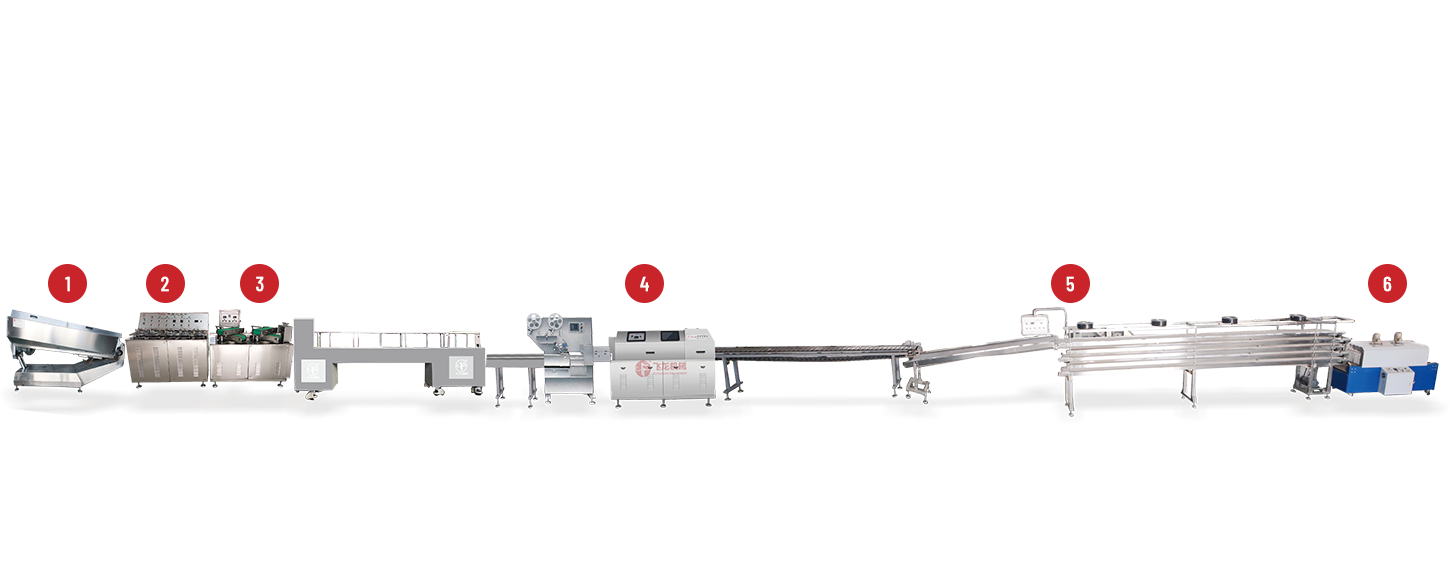
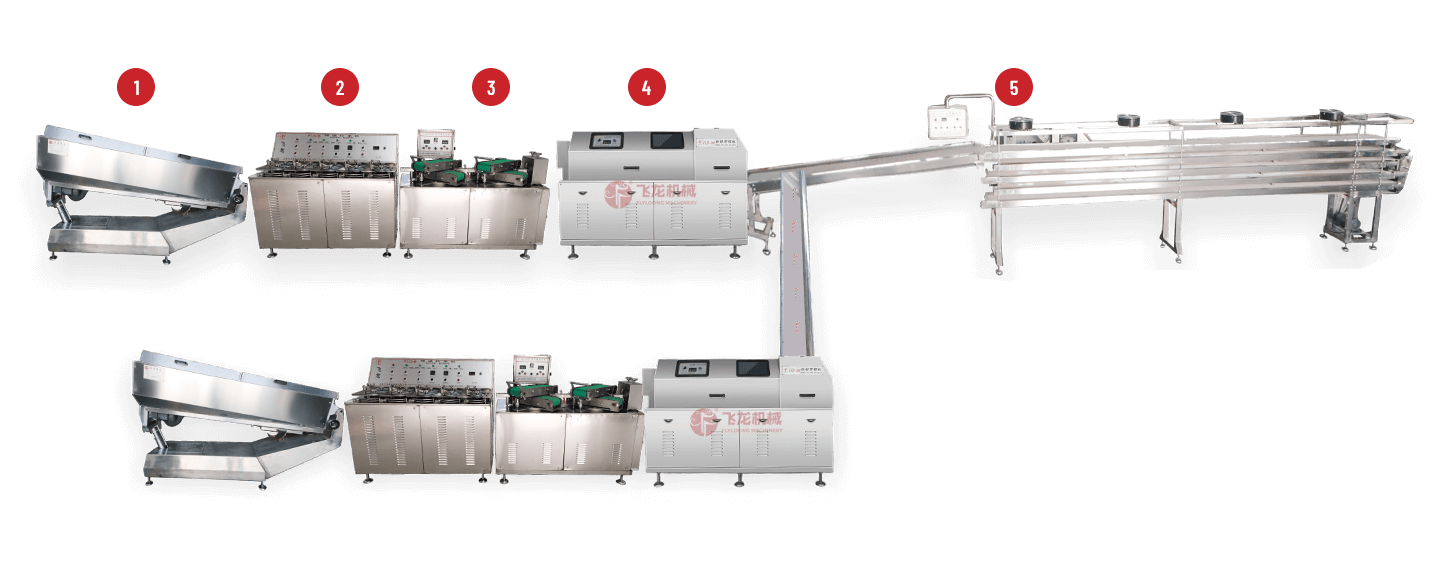
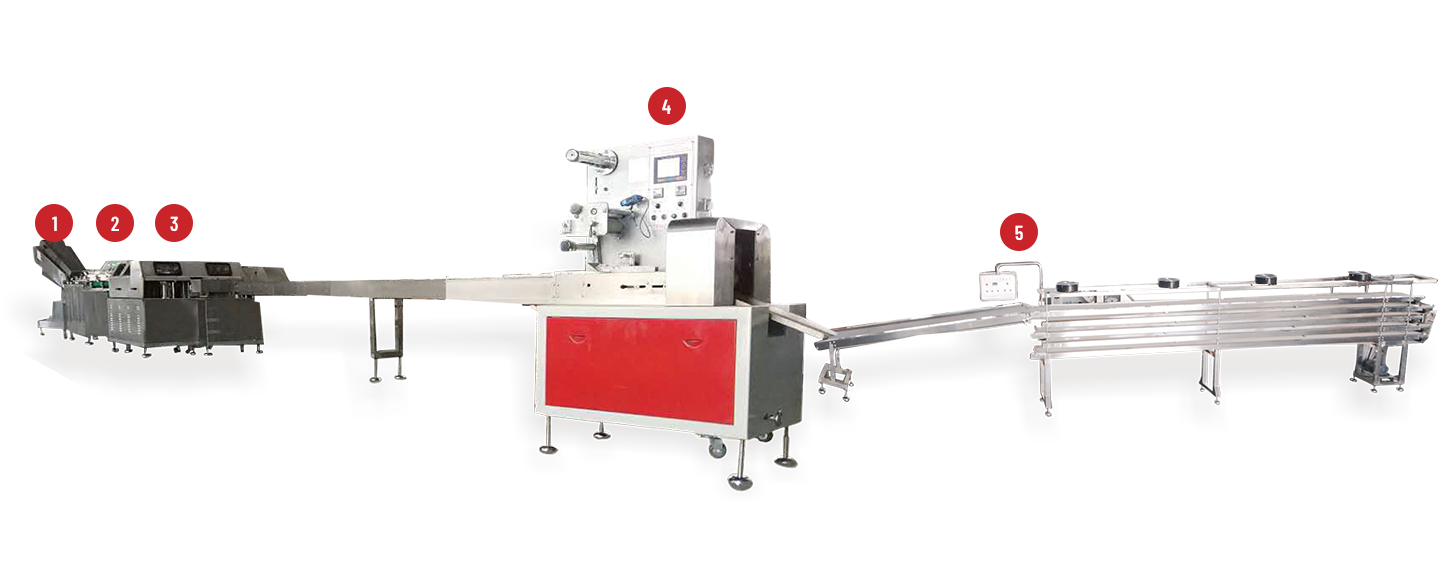
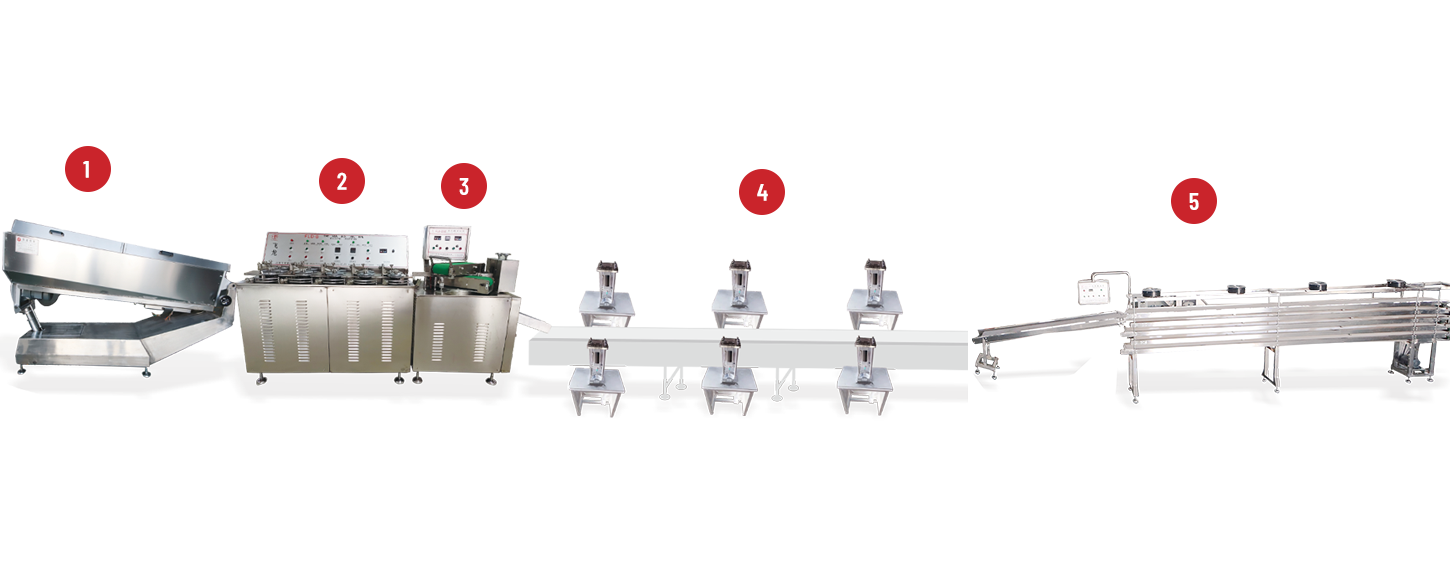
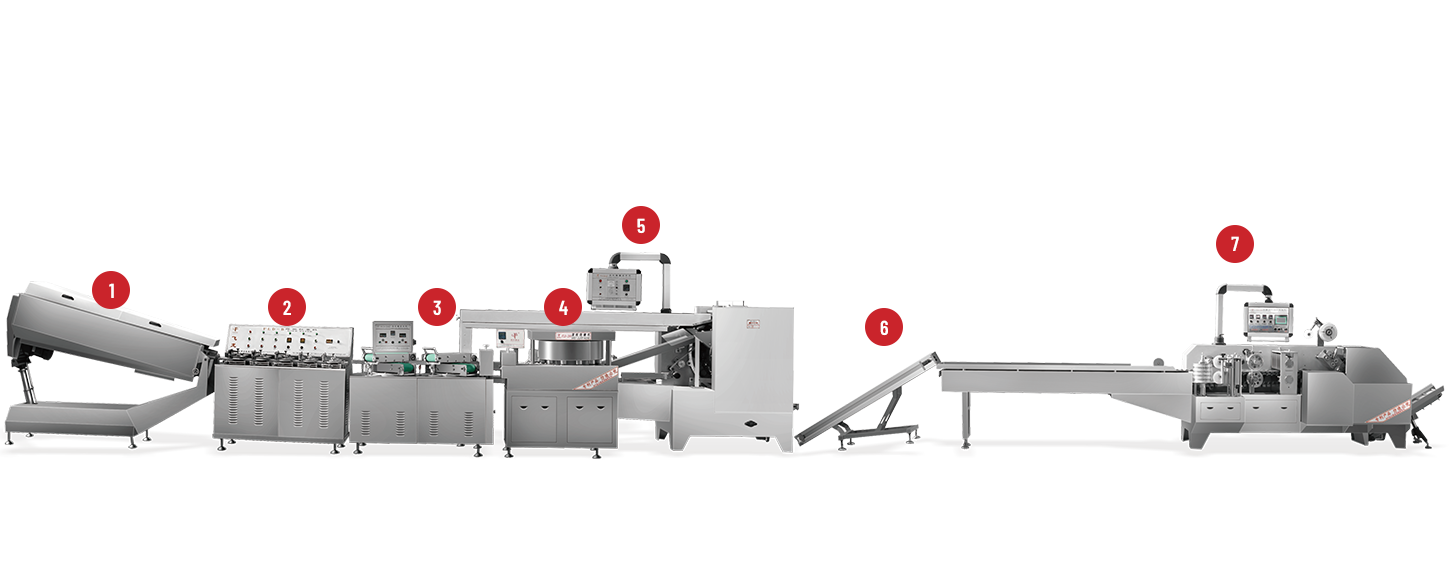
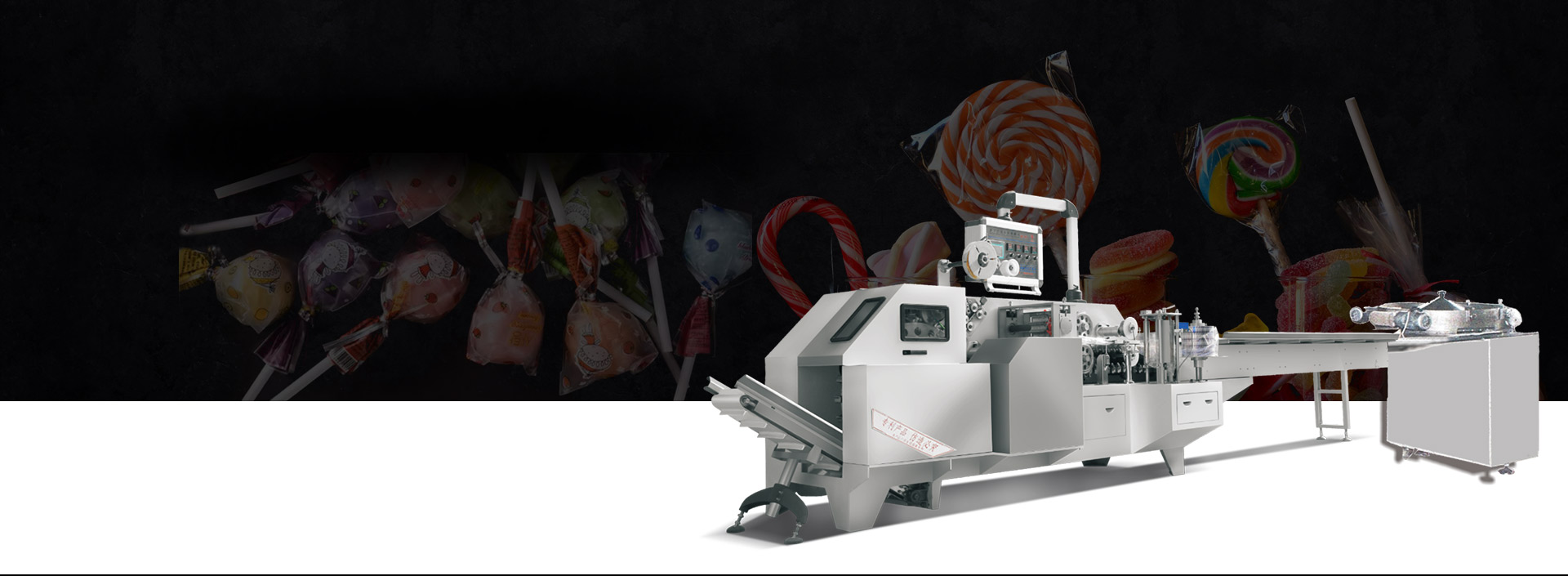
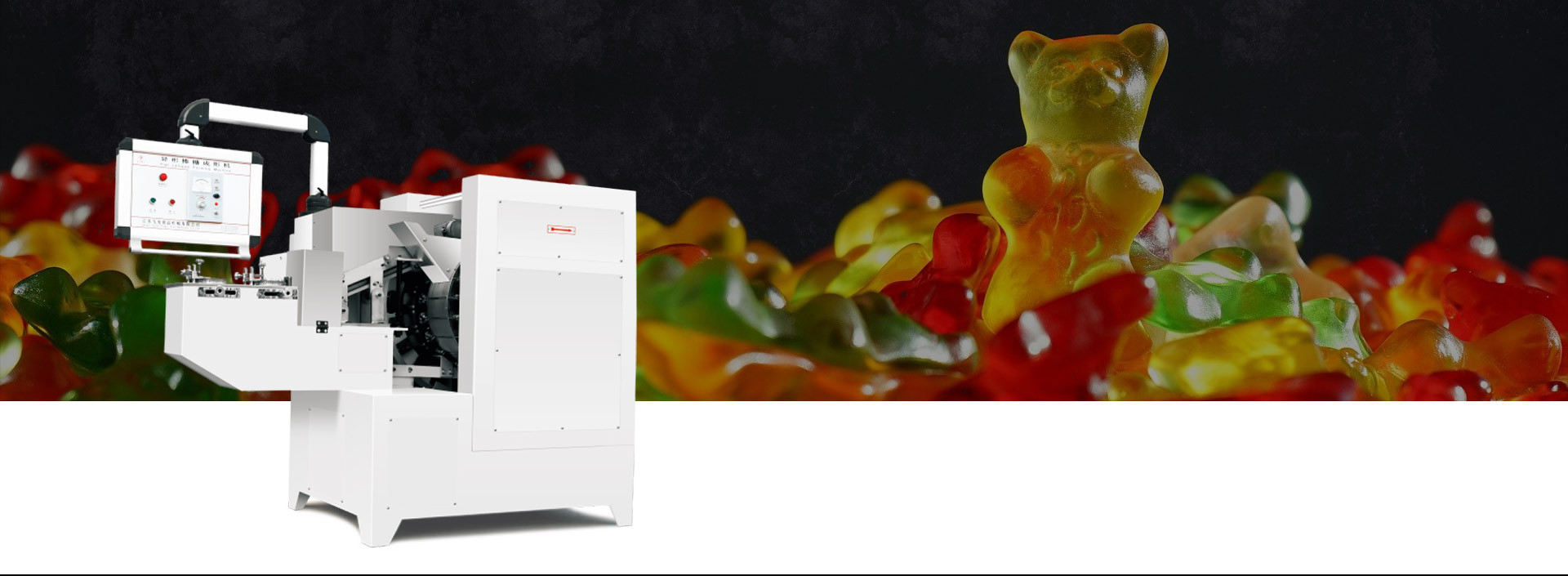
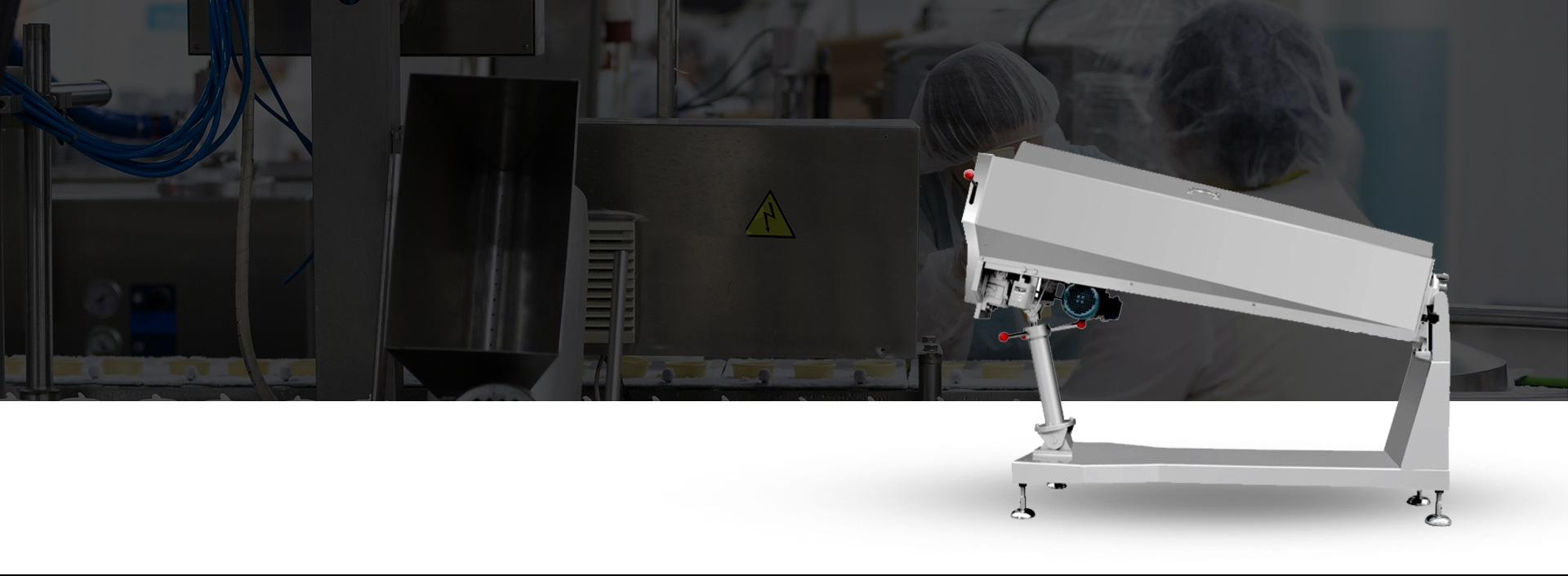
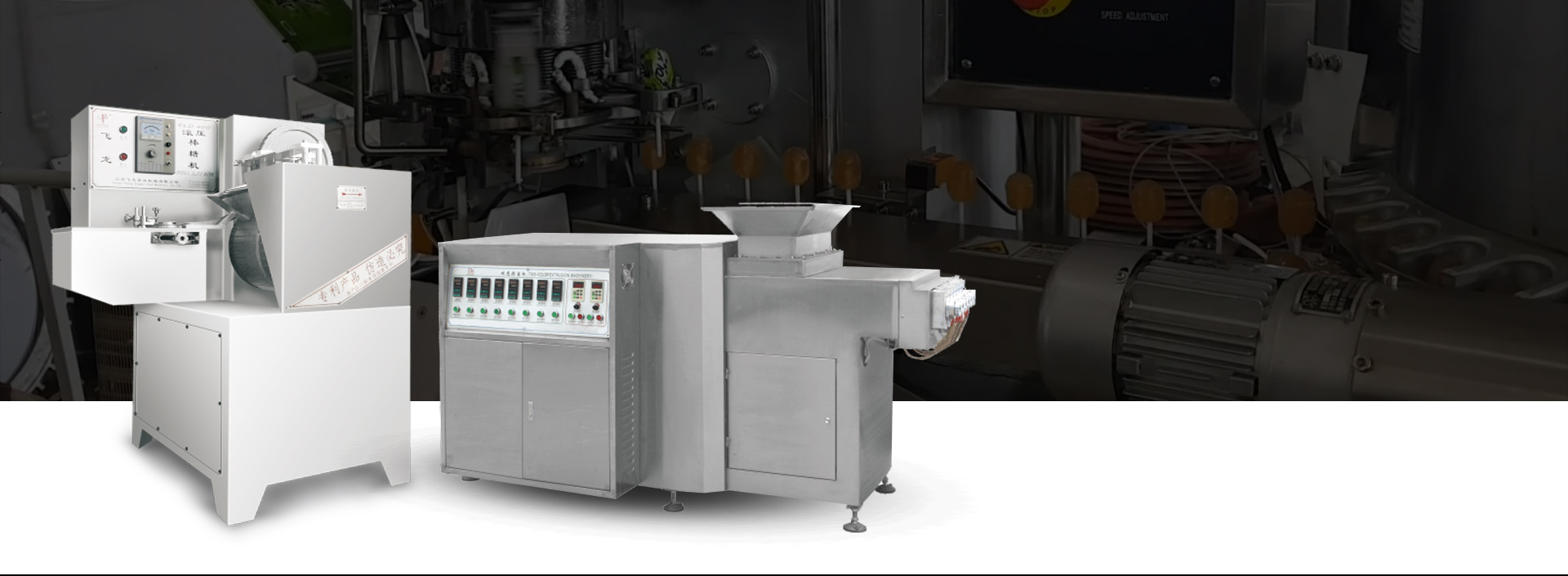
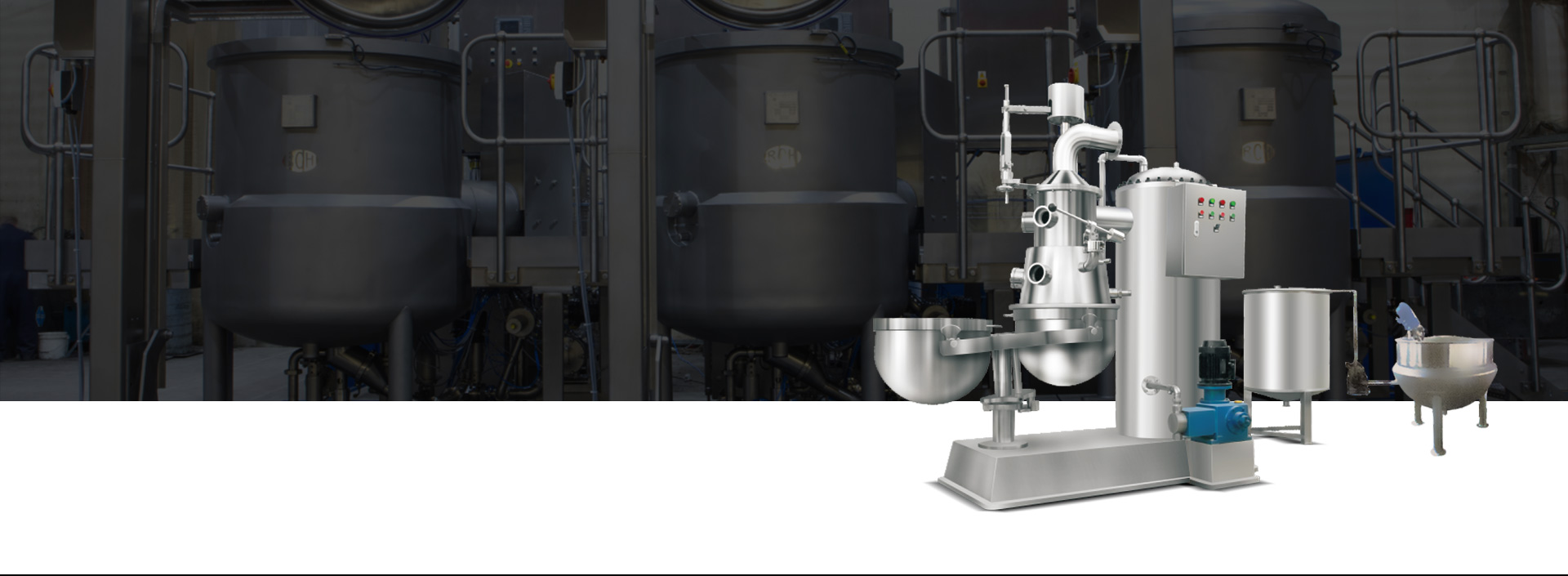

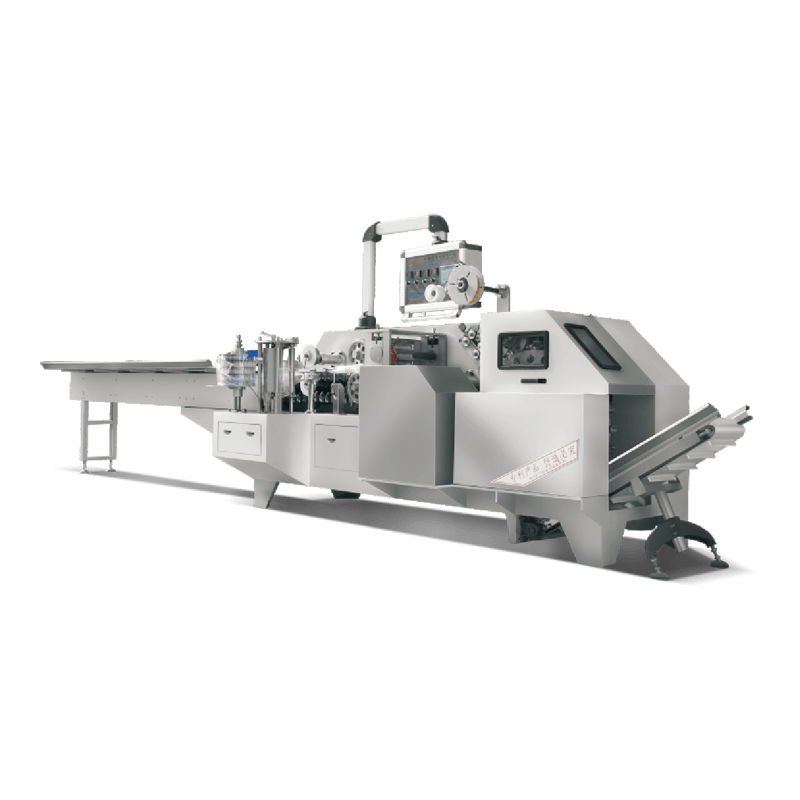
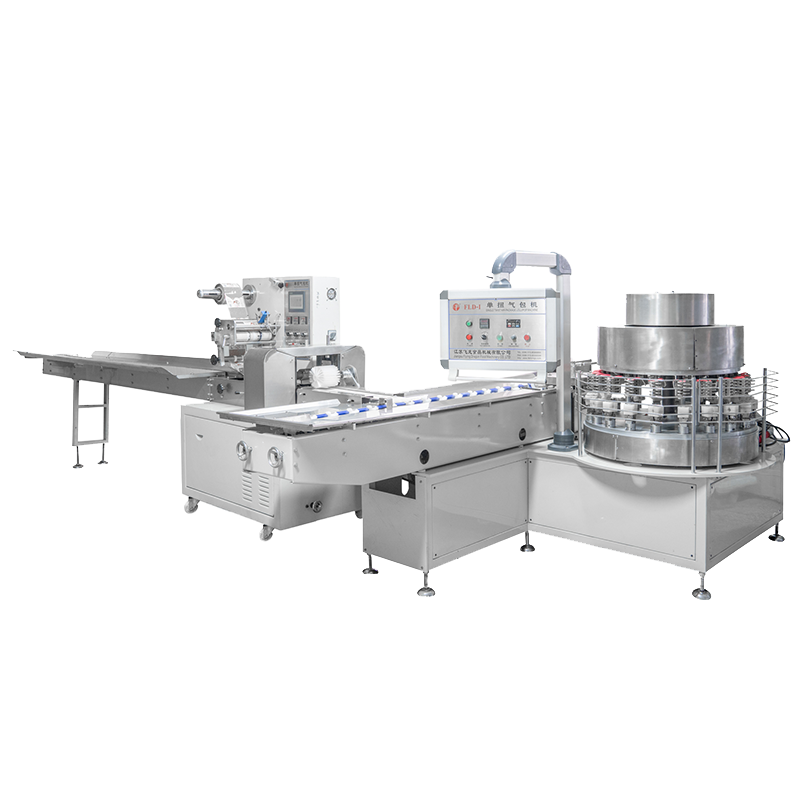
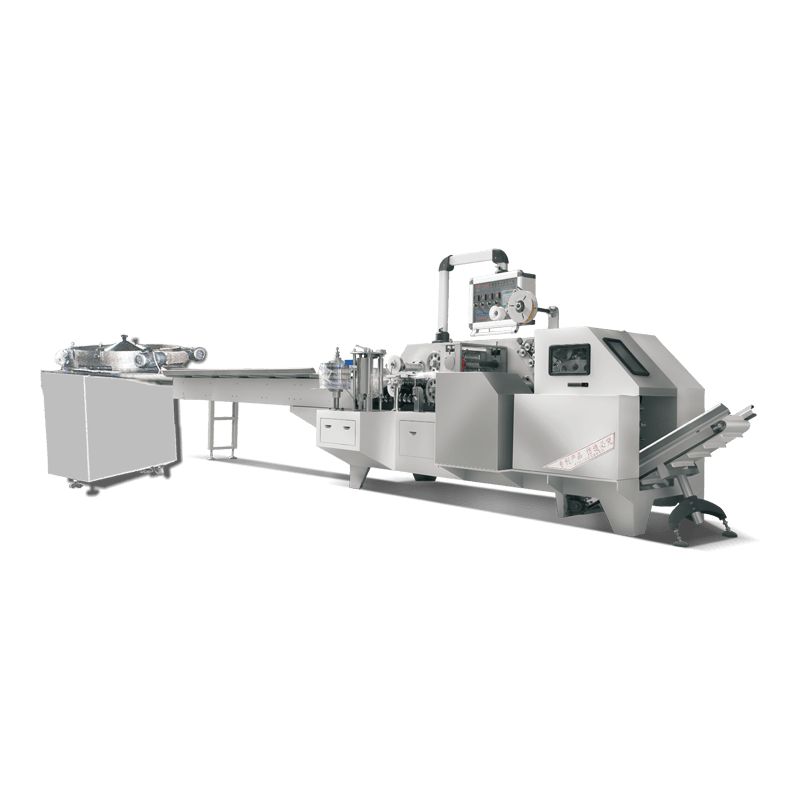
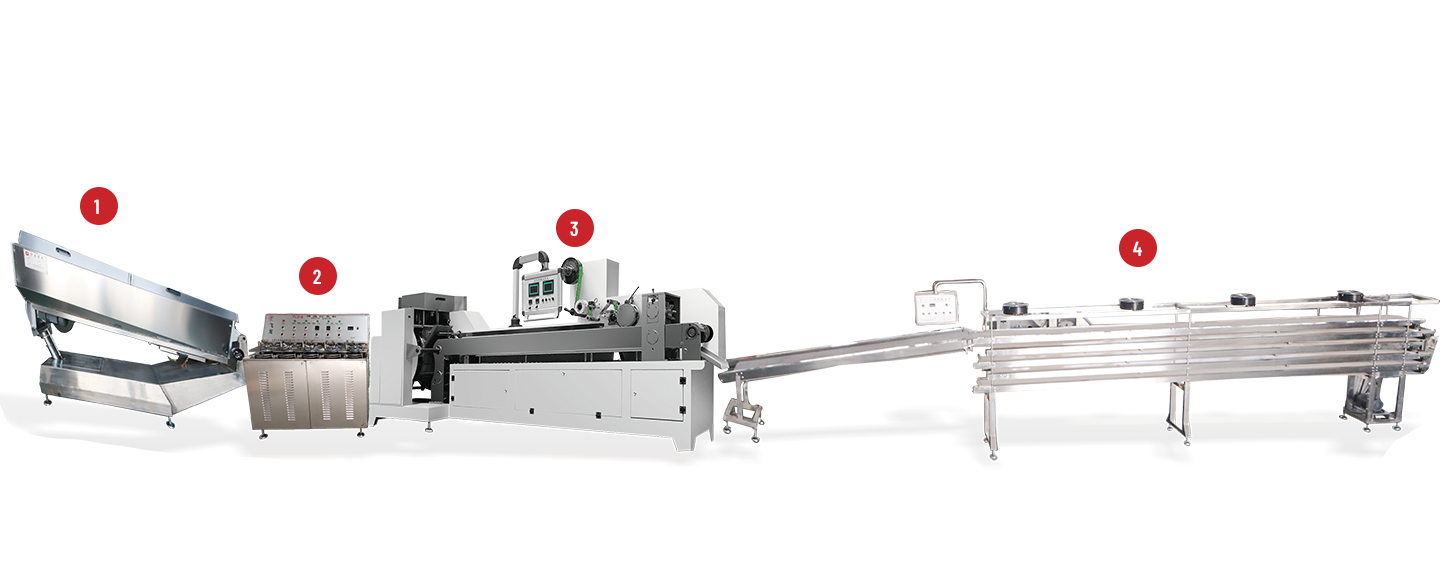
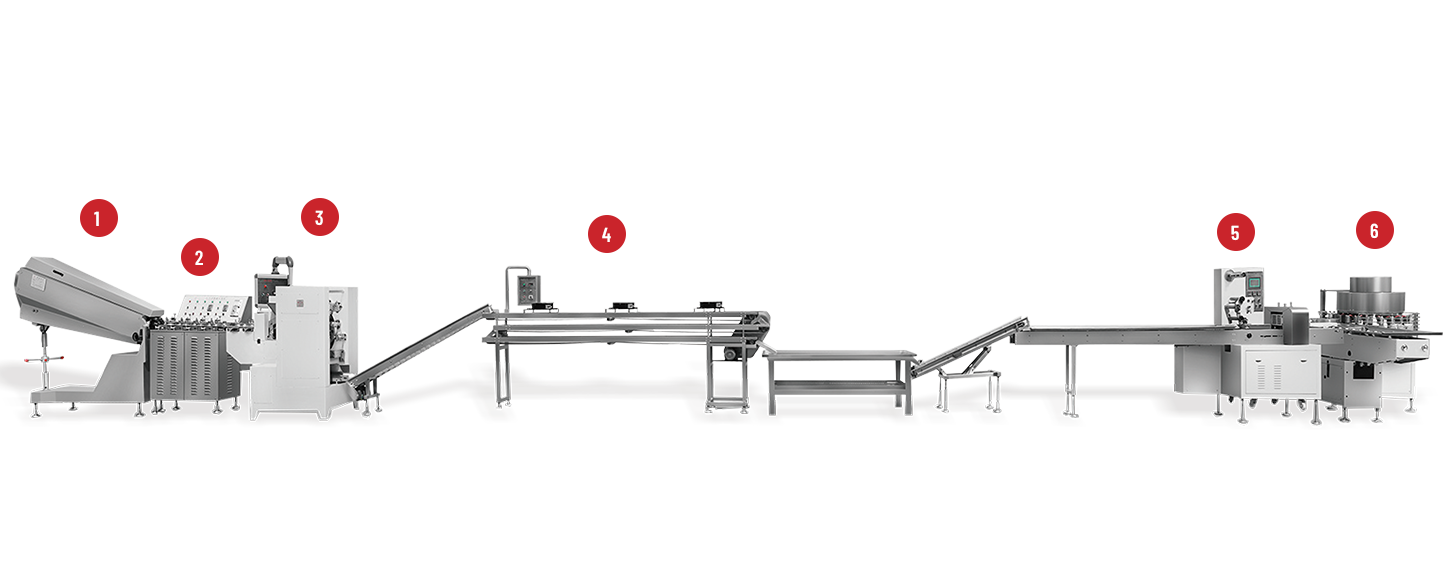
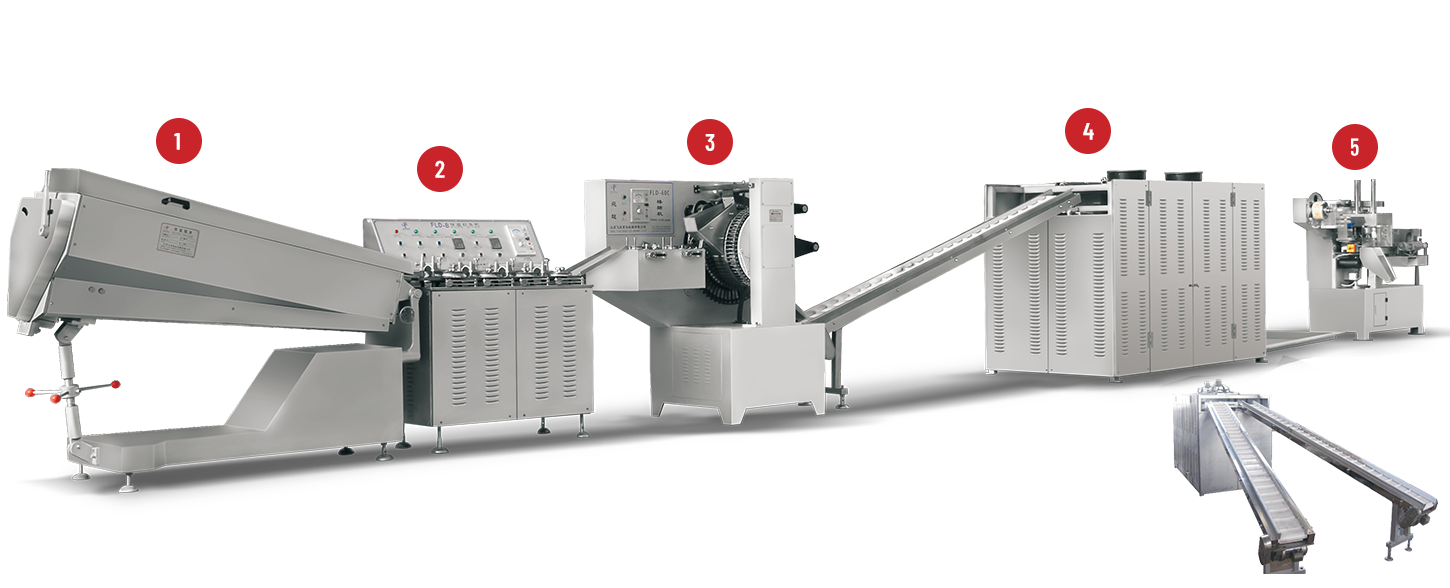
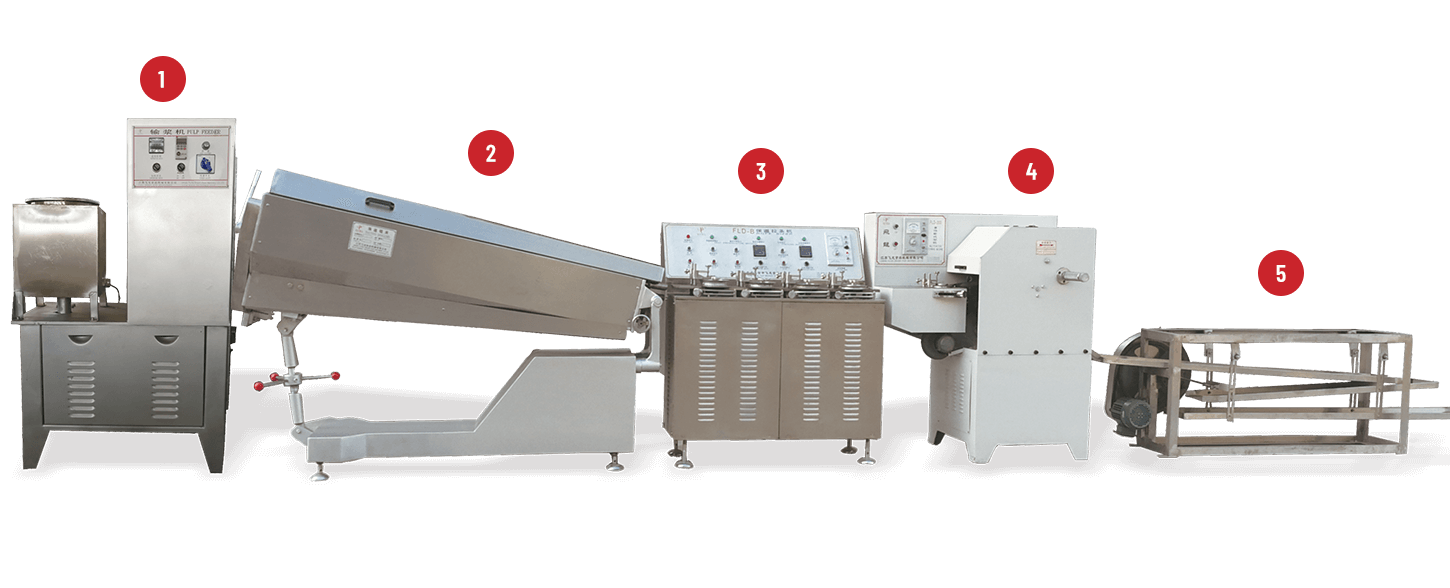
 +86-(0)515-8465666
+86-(0)515-8465666 +86-(0)515-85566996
+86-(0)515-85566996 +86-138 1559 9708
+86-138 1559 9708 flyloong@flyloongcn.com
flyloong@flyloongcn.com 
 Home
Home